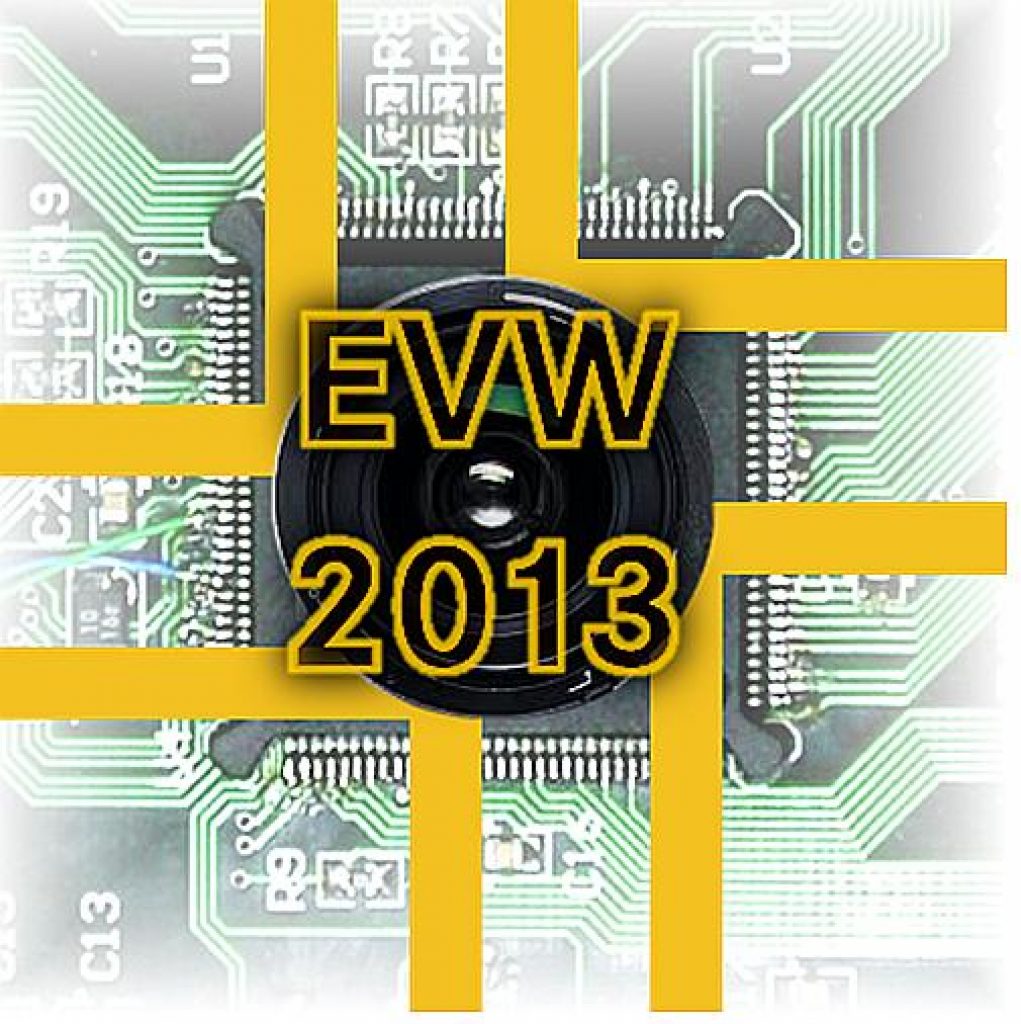Last summer, Embedded Vision Alliance founder Jeff Bier was the keynote presenter at the IEEE Embedded Vision Workshop, held in conjunction with the IEEE CVPR (Computer Vision and Pattern Recognition) Conference. And the Embedded Vision Alliance will likely attend the Embedded Vision Workshop again this summer, although the exact form of that participation is yet to be finalized. As such, I wanted to be sure that this seminal embedded vision event is on your radar screens.
The primary IEEE CVPR conference will be held June 25-27, at the Oregon Convention Center in Portland. Various workshops and short courses will surround it, on June 23, 24 and 28; the Embedded Vision Workshop will take place on Monday, June 24. If you're interested in submitting a paper, the deadline is March 15; for more information, email general workshop co-chairperson Branislav Kisacanin.
Here's an event description, from the Embedded Vision Workshop web page:
Recent years have witnessed a significant increase in the use of embedded systems for vision.Applications range from accurate, performance-centric systems to high volume, low-cost, light weight and energy efficient consumer devices. Computer vision has been deployed in many applications, for example, in video search and annotation, surveillance, computer-aided surgery, for gesture and body movement detection in video games, to assist drivers in automotive safety and for in-home monitoring of vulnerable persons. Embedded computer vision is part of a growing trend towards developing low-cost “smart sensors” that use local “analytics” to interpret data, passing on relatively high level alerts or summary information via network connectivity.
Embedded vision applications are built upon advances in vision algorithms, embedded processing architectures, advanced circuit technologies, and new electronic system design methodologies. They are implemented on embedded processing devices and platforms such as field programmable gate arrays (FPGAs), programmable digital signal processors (DSPs), graphics processing units (GPUs), and various kinds of heterogeneous multi-core devices. They are developed under significant resource constraints of processing, memory, power, size, and communication bandwidth that pose significant challenges to attaining required levels of performance and speed, and frequently exploit the inherent parallelism of the specialized platforms to address these challenges. Given the heterogeneous and specialized nature of these platforms, efficient development methods are an important issue.
The Embedded Vision Workshop (EVW) aims to bring together researchers working on vision problems that share embedded system characteristics. Research papers are solicited in, but not limited to, the following topics:
- Analysis of vision problems specific to embedded systems
- Analysis of embedded systems problems specific to computer vision
- Embedded computer vision for robotics
- New trends in programmable processors and their computational models
- Applications of and algorithms for embedded vision on standard parallelized platforms such as GPUs (PC, embedded and mobile)
- Applications of and algorithms for embedded vision on reconfigurable platforms such as FPGAs
- Applications of and algorithms for embedded computer vision on programmable platforms DSPs and multicore SoC such as the Cell Processor
- Applications of embedded computer vision on mobile devices including phones
- Biologically-inspired vision and embedded systems
- Computer vision applications distributed between embedded devices and servers
- Social networking embedded computer vision applications
- Educational methods for embedded computer vision
- User interface designs and CAD tools for embedded computer vision applications
- Hardware enhancements (lens, imager, processor) that impact computer vision applications
- Software enhancements (OS, middleware, vision libraries, development tools) that impact embedded computer vision application
- Methods for standardization and measurement of computer vision functionality as they impact embedded computer vision
- Performance metrics for evaluating embedded systems performance
- Hybrid embedded systems combining vision and other sensor modalities


